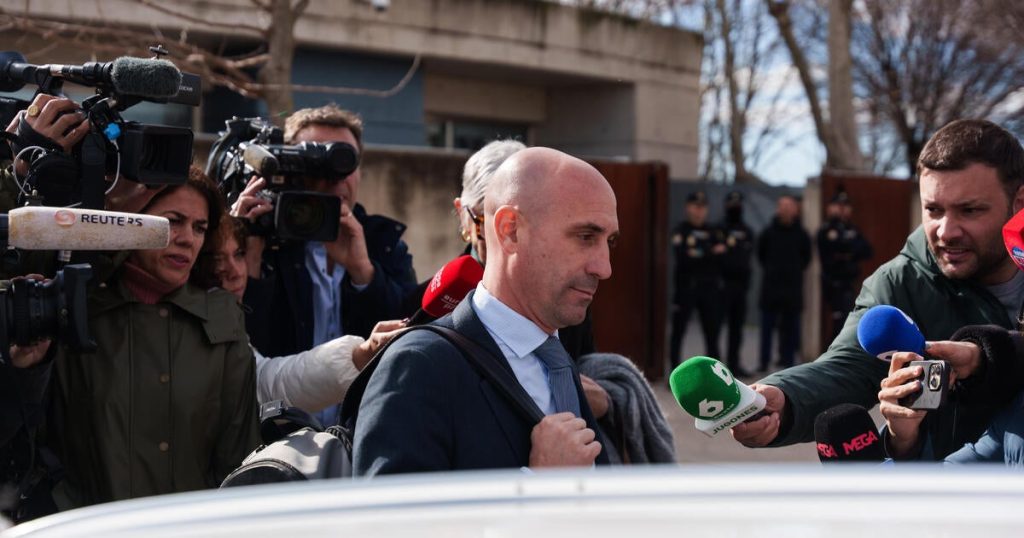The Case of Luis Rubiales: A High-Profile Misconduct in Spanish Football
Introduction: The Incident and Its Aftermath
Luis Rubiales, the former president of the Royal Spanish Football Federation, found himself at the center of a scandal following the Spanish women’s national team’s 2023 World Cup victory. During the medal ceremony, Rubiales kissed player Jenni Hermoso without her consent, an act that sparked widespread outrage and led to his conviction for sexual assault. The incident not only marred the team’s triumph but also highlighted significant issues within Spanish sports. Rubiales was fined 10,800 euros and given a restraining order, barring him from contacting Hermoso for a year. His lawyer has announced plans to appeal the verdict, extending the legal battle.
The Trial: Hermoso’s Testimony and Rubiales’ Defense
During the trial, Jenni Hermoso provided emotional testimony, recounting how the incident overshadowed one of her greatest achievements. She expressed that the kiss was non-consensual and a clear breach of respect, emphasizing that she had never sought such an interaction. In contrast, Rubiales maintained his innocence, claiming the act was consensual. His defense was supported by his mother, who went on a hunger strike to protest his treatment. This stark contrast in narratives underscored the trial’s complexity, raising questions about power dynamics and consent in public spaces.
Reactions and Support: Divided Opinions
The case divided public opinion, with Rubiales’ supporters, including his family, defending his actions and dismissing critics as misinformed. Conversely, Hermoso faced death threats, reflecting the intense backlash she endured. The incident also shed light on broader issues of institutional sexism within Spanish sports, sparking conversations about gender inequality and the culture of silence surrounding such misconduct.
Broader Implications: Institutional Sexism and Cultural Shifts
The Rubiales case became a catalyst for discussing deeper systemic issues in Spanish football. Hermoso’s experience highlighted the challenges women face in male-dominated sports environments, where their voices are often dismissed. The case brought attention to the need for structural change and accountability, urging institutions to support female athletes more effectively and foster a culture of respect and equality.
Conclusion: Moving Forward and the Need for Change
The conviction of Luis Rubiales serves as a step toward justice, acknowledging Hermoso’s right to bodily autonomy and dignity. However, the broader cultural and institutional issues remain unresolved. The case underscores the importance of addressing gender-based violence and promoting inclusivity in sports. It is a reminder that while legal victories are crucial, societal change requires ongoing effort and commitment to ensuring all individuals, especially women, are respected and heard.
Final Thoughts: A Call to Action
The Rubiales incident is more than a legal case; it is a call to action. It challenges institutions to create environments where athletes can thrive without fear of misconduct. By fostering open dialogue and implementing policies that protect and empower women, Spanish football can move toward a future where such incidents are a rarity, rather than a reflection of systemic issues. The journey ahead requires collective effort and a commitment to change.















